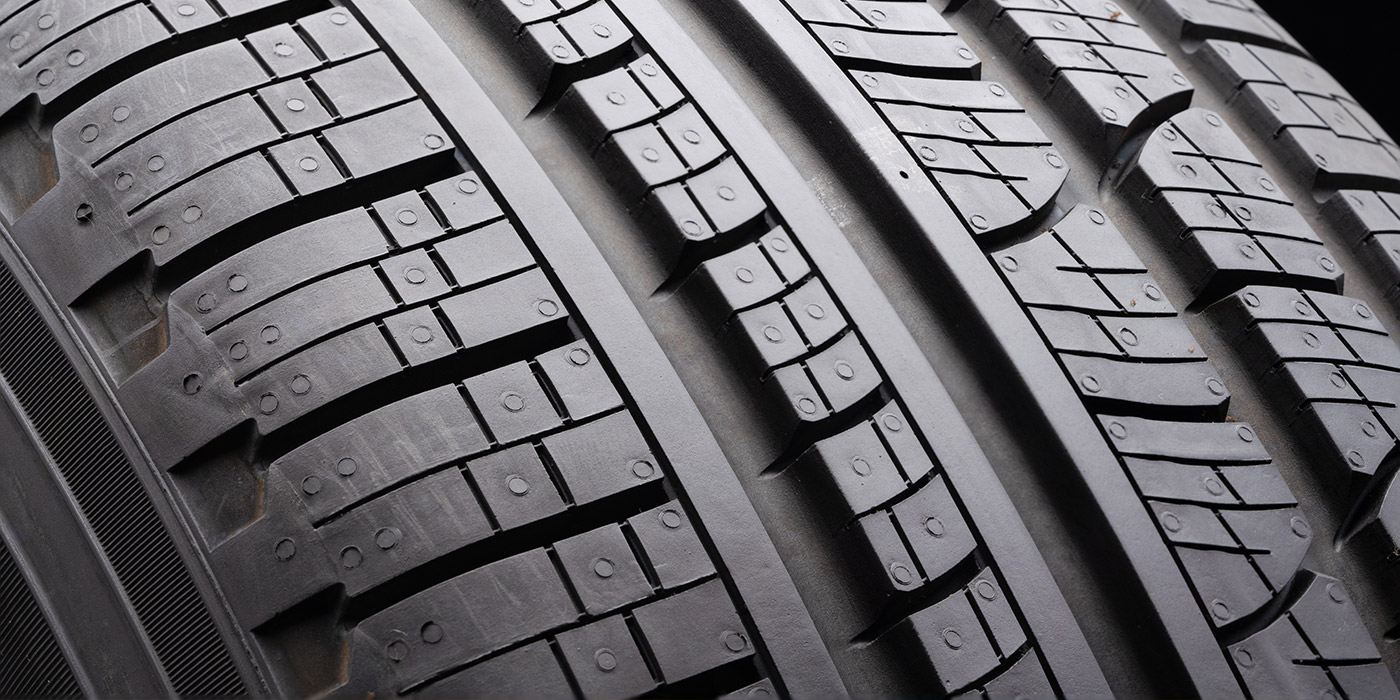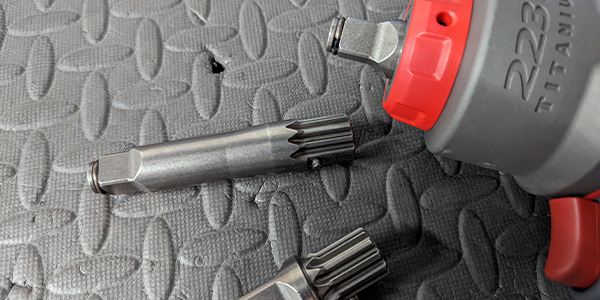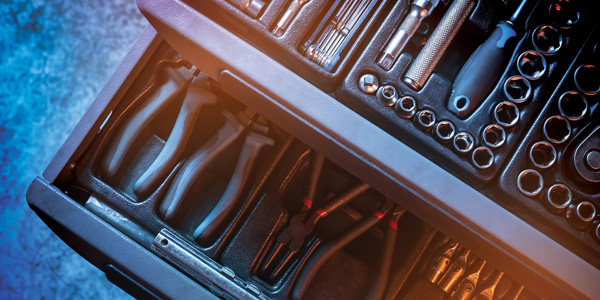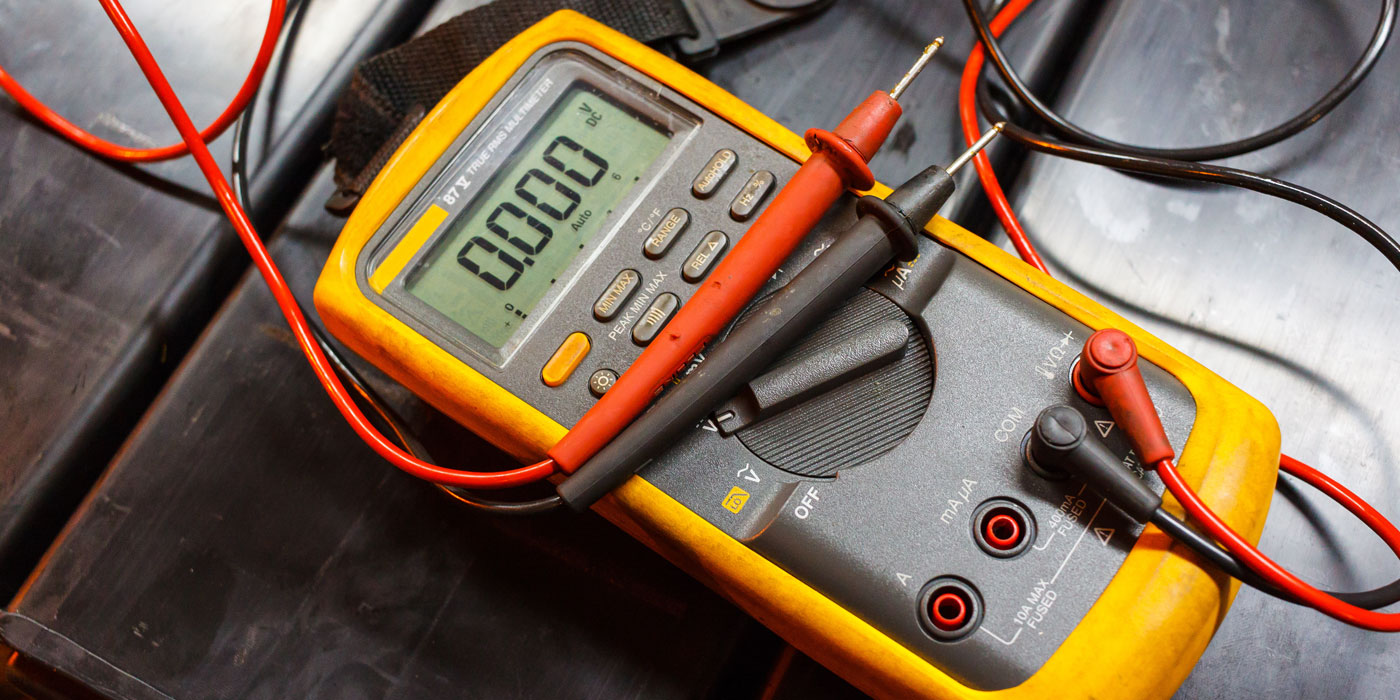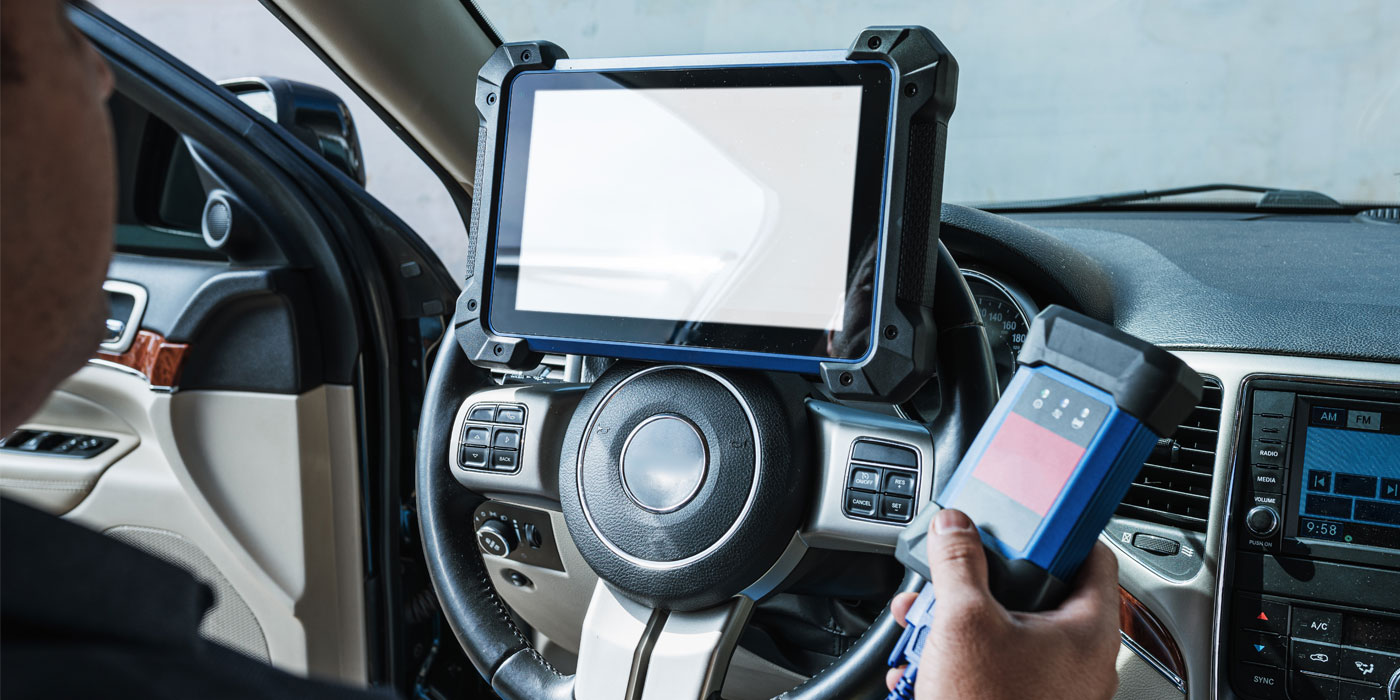
Charlie comes in every now and then. I guess you could say he’s a regular, but I think I would call him more of an opportunist when it comes to his car repairs.
He’ll go to a quick lube for oil changes, a tire shop for tires, a transmission shop for transmission work, and so on. If there is an opportunity to get his car into a shop, he’ll make an appointment and get it in. But, the one thing he always seems to come to my shop for is the check engine light.
Normally, most people don’t pay that much attention to the check engine light, unless it’s staying on. Not Charlie, he’s absolutely paranoid it will come on and stay on.
Some how, somebody told him that the check engine light is a precursor to a ticking bomb.
At times, Charlie thinks the check engine light stays on longer than it should when he starts the car up in the morning. This prompts an immediate phone call and a trip to my shop. During the course of all of these trips, he’s seen me use several different code readers, scanners and scopes. There are times I think he just wants to see what new gadget I’ve got that I can hook up to his car. The more bells and whistles I throw out there, the more he seems to show up with another reason for me to check his car.
I’ve tried to explain to him about the meaning of the service light and about the various reasons for it to come on, but it just doesn’t seem to sink in. I’m hoping the day never comes that his old car actually does turn on the check engine light because, if it did, he would probably worry himself all the way to a coronary and he would have to have the car towed in, while I’d have to make a call to 911 and have him towed to the emergency room. Of course, I hope that never happens, but, with him, I could foresee something along those lines.
I generally let him watch the scanners do their work or have him watch a graph while I check things under the hood.
The other day, he was concerned about his O2 sensors and wanted to know if they were working correctly, because he thought he saw the check engine light pop on and then go right back off. There were no codes stored, and I asked him if it happened when he first started it or after driving several miles. It was while he was driving for a bit and not when it first started.
“What difference does that make?” he asked.
I then explained to him about how the heater circuit operated to warm up the sensor and what the sensor actually did in relation to the fuel mixture. This only made him even more curious as to what they did.
“Watch this, Charlie. I’ll graph the O2 sensors here on this scope and I’ll show you the front sensor and its corresponding rear sensor. You’ll see the voltage changes on the screen, as well as the differences between the front and rear sensors, at the same time on the screen,” I told him.
“Fascinating, simply fascinating,” he said, “But I don’t see how that translates to fuel?”
The more I explained, the more lost he seemed. He continued to be more concerned about what was going to happen with that check engine light.
I kept up with the explanation until I got to the point where he was just staring off into space and lost interest in me. I don’t know if he ever understood a thing I said, or, for that matter, has reconsidered the importance of the check engine light. All I know is that, at some point in time, somebody is going to tell him something stupid regarding the check engine light and he’ll make another trip to the shop and watch the fascinating little lines bounce around on my scope screen.
No matter what I say, no matter what I do, old “Check Engine Charlie” will still listen to some B.S. from somebody else. Maybe I need to come up with my own B.S. to counteract what everyone else keeps telling him.
I guess it comes down to the old saying:
If you can’t dazzle them with brilliance, buffalo them with a little bull.




